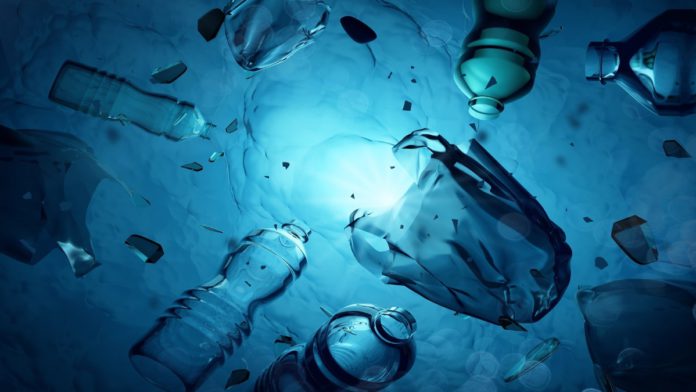Scientists at the University of Texas, Austin, announced that they engineered Hydrolase, a plastic degrading enzyme with help of AI. It’s an enzyme that can effectively break down plastics such as polyethylene terephthalate (PET). This enzyme can successfully break down PET plastic in under 24 hours.
Hal Alper, a lead researcher in the McKetta Department of Chemical Engineering at UT Austin, said that this new enzyme brings various recycling possibilities. And not just in the waste management industry, but in all sectors to improve their plastic recycling. Han also said that we could begin to describe a true circular plastics economy with a more sustainable enzyme.
PET accounts for 12% of man-made solid waste and is one of the most common plastics found in products like disposable food trays and soda bottles. Previous attempts to break down PET have been constrained by factors such as the enzyme’s vulnerability to temperature and sluggish reaction rates.
Read more: Google Fires yet another AI Researcher
However, with this robust Hydrolase enzyme, the researchers of UT Austin were able to break down mixed color and clear products of PET completely. The researchers are confident that this new enzyme will withstand temperature variations in non-laboratory conditions.
Researchers said that this plastic degrading enzyme would be able to clean plastic landfills and waste plants when used in sufficient quantities. Less than 10% of the world’s plastic waste is recycled, whereas the rest pollutes the environment, water, air, and food chain.
Researchers used an ML model to generate mutations of PETase that allow the degradation of PET. The model predicted mutations in these enzymes that would accomplish the goal of quickly depolymerizing waste plastic at low temperatures. To prove the effectiveness of the Hydrolase enzyme, researchers demonstrated that FAST-PETase was able to almost completely degrade untreated, postconsumer-PET from 51 different thermoformed products in one week.


